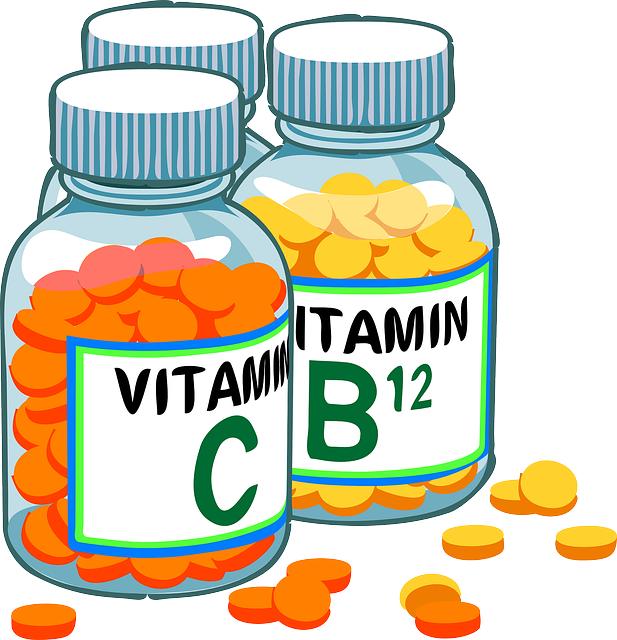Vitamins and mineral supplements and the elderly
Vitamins and mineral supplements and the elderly
 Did you know that vitamins and mineral supplements can be vital to an elderly person’s health? As a person ages, they naturally tend to eat less and thus don’t take in adequate amounts of vitamins and other nutrients as they did when they were younger. In addition to that, other factors can lead to the inadequate intake of vital nutrients, including medications, medical conditions, disabilities, digestive system changes and an aging person’s skin.
Did you know that vitamins and mineral supplements can be vital to an elderly person’s health? As a person ages, they naturally tend to eat less and thus don’t take in adequate amounts of vitamins and other nutrients as they did when they were younger. In addition to that, other factors can lead to the inadequate intake of vital nutrients, including medications, medical conditions, disabilities, digestive system changes and an aging person’s skin.
Why are vitamins important?
Vitamins are molecules that carry certain biological functions throughout our bodies. With a few exceptions, our bodies have no way of producing vitamin molecules naturally, rather we ingest them through the foods we eat. The human body needs at least 13 different vitamins to remain healthy. While some of these can be stored for a long time in the liver or in fat cells (e.g. vitamin A), most vitamins need frequent replenishment. Functionally, vitamins help fats, proteins and carbohydrates to release energy as well as assist the body in the repair of tissue and help produce cells. When it comes to the elderly, studies have shown that vitamins and minerals can help prevent some disorders or diseases related to aging.
Two different types of vitamins
Vitamins come in two varieties, fat soluble and water soluble. Water soluble vitamins go through our bodies quickly. As such, they need to be replenished often.
Water soluble vitamins include:
- Vitamin B5 (helps reduce swelling)
- Vitamin B3 (reduces tissue swelling; increases blood flow)
- Vitamin B6 (reduces swelling; when combined with B12 can help reduce heart disease)
- Vitamin B12 (Most vital of B vitamins, as it plays a role in cell formation, myelin production, nerves health, immune maintenance and more)
Fat soluble vitamins are, for the most part, stored in the liver. A well-balanced diet is usually enough to receive the proper amounts, but an aging body can make storing fat soluble vitamins more difficult.
Fat soluble vitamins include:
- Vitamin A (benefits for throat, lungs, mouth, skin, bones, teeth, digestive system, urinary tract, eyes and the overall aging process)
- Vitamin D (skin-produced through sun exposure; helps body absorb calcium and maintain strong bones)
- Vitamin K (helps in blood-clotting process)
What about minerals?
Whereas vitamins are formed naturally by plants and animals, minerals come from the earth and absorbed by plants and once again observed by the animals that eat the plants and so on.
Essential minerals include:
- Iron (oxygen flow throughout the body plus immune system benefits)
- Calcium (strengthens bones; helps prevent osteoporosis in aging women)
- Zinc (proper levels promote nerve, skin and immune system health)
What supplements should an elderly person take?
Vitamin and mineral supplements can help an elderly person live a healthier, happier life. Still, as with many other changes in diet and lifestyle, it’s best to first consult with a doctor before taking vitamin or mineral supplements.
If you live in the greater Omaha area, the professional staff at Physicians Choice Private Duty can help you make the right decisions in the overall care of an aging loved one, vitamins and minerals and beyond.
“Physicians Choice Private Duty solves the challenges families face in caring for aging parents, with a focus on strategies that keep them in their homes. To learn more about our solutions, visit us today..”


